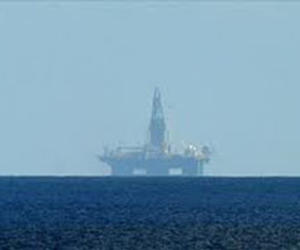Joint spill planning
- Submitted by: manso
- Politics and Government
- 03 / 06 / 2011

Mar 7, 2011. As Cuba and The Bahamas develop their deepwater oil and natural gas potential, the possibility of an accidental oil spill demands proactive joint planning by both countries and the US in order to minimize or avoid such a disaster in a spirit of cooperation and not confrontation in order to protect our fragile shared marine environment.
A model for such planning can be the MEXUS Plan signed by the US and Mexico in 1980 in response to the 1979 blowout of the Ixtoc I exploratory well and consequent spill in the Bay of Campeche.
US Rep. Vern Buchanan of Sarasota recently introduced a bill, HR 372, which attempts to coerce foreign oil companies that explore in Cuban waters by blocking them from drilling in US territorial waters. This approach is counterproductive and affects American oil companies' overseas ventures in countries such as Brazil, Angola, Vietnam, and Russia and as a result jeopardizes US international energy security interests.
Such an action would also impact domestic national energy policy as foreign oil companies are today the operators or interest holders in about a quarter of the active of pending federal oil and gas leases in the Gulf of Mexico.
A retaliatory strategy does not accomplish the objective of prudent environmental stewardship. We should be responsible and pragmatic in order to respond effectively to an oil-related marine accident by providing international oil companies operating in Cuba and The Bahamas immediate access to US oil services and equipment companies that can provide the near-instant technology and know-how that will be needed to limit and halt damage to the marine environment.
The Deepwater Horizon incident experience taught the US very important hands-on lessons on how to manage such a catastrophe, lessons which would benefit us in the future by sharing them with neighbors.
Obviously, the establishment of working relations between the US, Cuba, and The Bahamas in marine environmental protection would assist enormously in the contingency planning and cooperation necessary to an early and truly effective response to an oil spill.By. Jorge R. Pinon. Visiting Research Fellow Florida International University. Miami
Source: www.ogj.com/index/article-display.articles
Comments